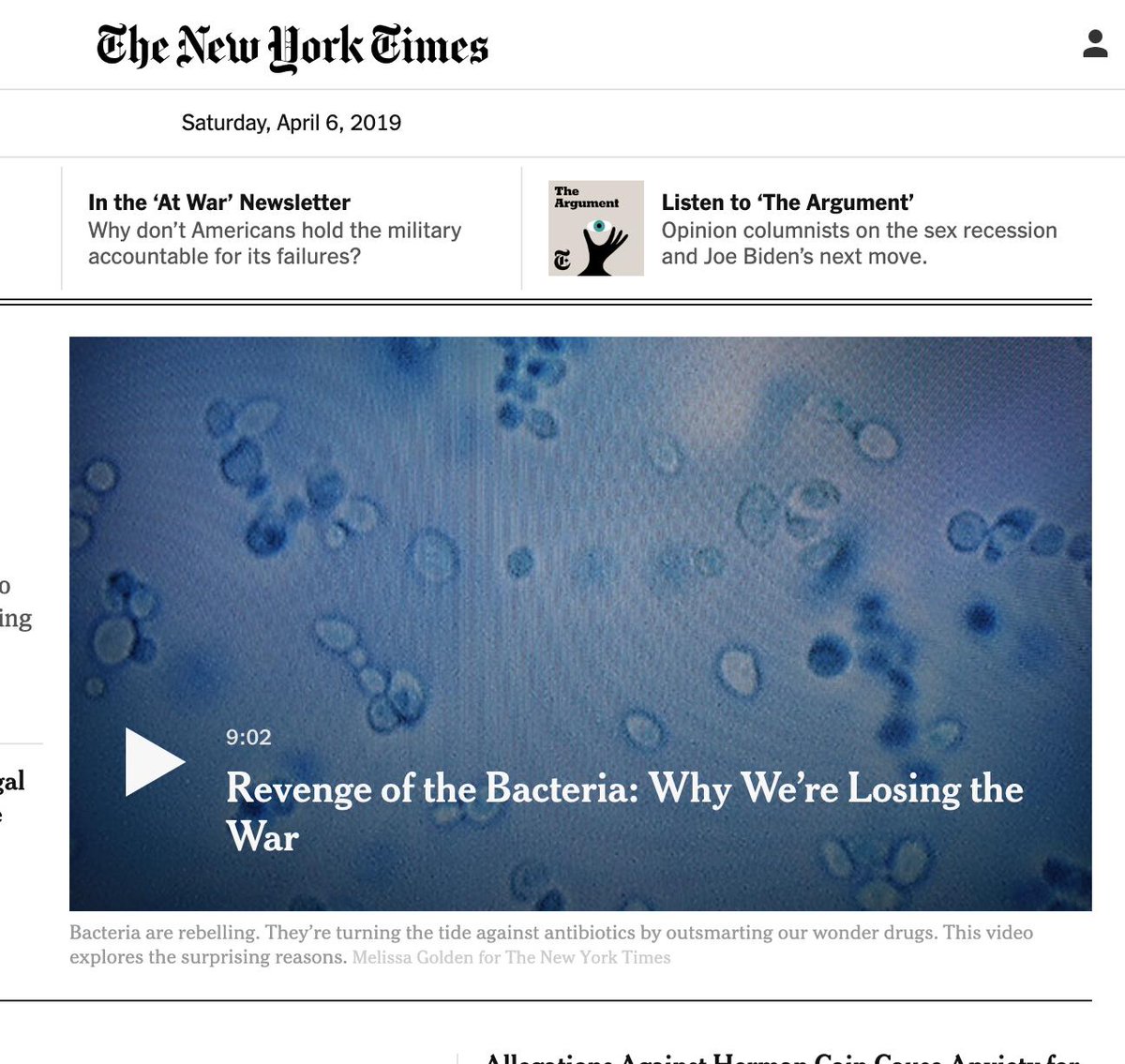
I don't think it's widely appreciated how incredible an achievement this is. Biotechnology has advanced unbelievably in the last fifteen years, but even still, going from new virus to completed phase 3 clinical trials in eleven months is like... I can't come up a good metaphor
https://twitter.com/eliowa/status/1329614738247069697
Maybe announcing a Mars program and landing a crew twelve months later? It's certainly on par with the Manhattan project.
Though the dissonance of this incredible technical achievement against the tragedy of our utter failure of public health leadership and policy is jarring
I don't think we can yet dissect the full lessons of this. But it's clear that long-term investment in science has again paid enormous dividends. At the same time, it's clear we cannot count on scientific miracles and ignore simple, immediate, general tools of infection control.
• • •
Missing some Tweet in this thread? You can try to
force a refresh




